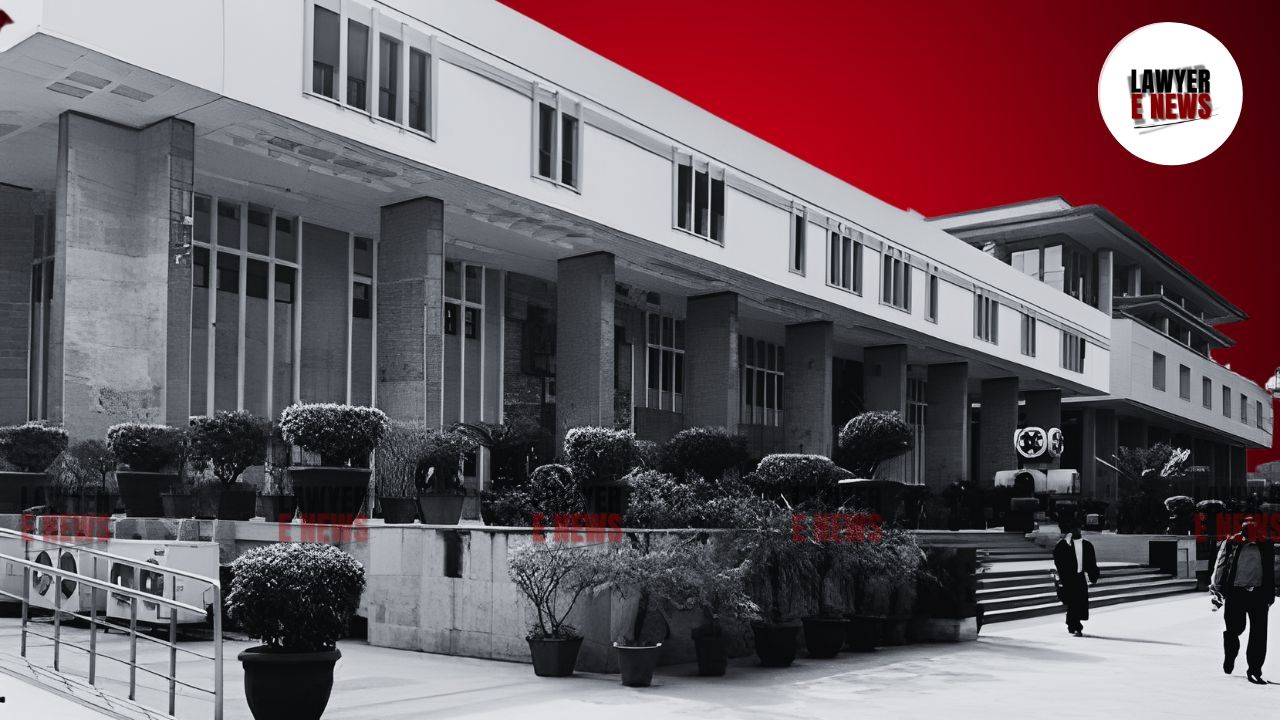-
by Admin
15 February 2026 2:36 AM



Delhi High Court in M/S Paras Lubricants Ltd. vs. Punjab National Bank & Ors. quashed the fraud classification of the petitioner’s account by Punjab National Bank (PNB) for violating the principles of natural justice. The Court held that the bank had failed to provide notice or a hearing before designating the petitioner’s account as fraudulent. Consequently, the bank was directed to reverse the fraud classification, resume operations, and pay compensation to the petitioner company.
M/S Paras Lubricants Ltd., a lubricant manufacturing company, had obtained credit facilities from the erstwhile Oriental Bank of Commerce (OBC), which later merged with PNB. The account was declared a Non-Performing Asset (NPA) in 2006, but a One-Time Settlement (OTS) was reached in 2011. Despite the closure of the account and issuance of a "No Dues Certificate," PNB classified the petitioner’s account as "fraud" in 2023 without prior notice, affecting the company's operations. The company filed this writ petition challenging the fraud classification, seeking its reversal and compensation for damages.
The petitioner argued that PNB classified their account as "fraud" without providing any notice, opportunity to be heard, or communication of evidence, violating the principles of natural justice.
The petitioner contended that the classification was arbitrary and lacked a legal basis, especially since the account was closed years before the merger of OBC and PNB.
The Court found that PNB had declared the petitioner's account as fraudulent without adhering to the audi alteram partem rule (right to be heard). The bank had not communicated the evidence collected or provided an opportunity for the petitioner to explain the situation, rendering the decision invalid. The Court relied on the Supreme Court's ruling in SBI v. Rajesh Agarwal which emphasized the necessity of a fair hearing before declaring an account fraudulent.
The Court observed that the fraud classification was made despite the account being closed in 2011. The proceedings related to the NPA had already been settled, and PNB’s action was based on old allegations tied to criminal complaints from 2007, which were still sub judice. The Court held that PNB’s actions were arbitrary, as the fraud designation was made ex parte, without giving the petitioner a chance to respond.
The Court noted that the fraud classification had disastrous effects on the petitioner’s business, leading to the suspension of credit facilities from State Bank of India (SBI) and other operational difficulties. Such actions, the Court remarked, had wide-reaching consequences, not only for the company but also for its employees and the economy.
The Court quashed the fraud declaration by PNB and directed the bank to remove the petitioner’s name from the fraud category, notify the Reserve Bank of India (RBI) and SBI, and resume the company’s bank account operations.
The Court awarded the petitioner company compensation of Rs. 5,00,000 to be paid by PNB within a month for the financial loss, damage to reputation, and mental agony caused by its illegal actions. In case of delay, PNB would have to pay interest at the rate of 18% per annum from the date of the petition (April 30, 2023) until realization.
The Delhi High Court ruled in favor of M/S Paras Lubricants Ltd., holding that PNB's fraud classification violated the principles of natural justice and lacked legal justification. The Court ordered the bank to reverse the fraud classification and compensate the petitioner for damages caused by its arbitrary actions.
Date of decision: 15/10/2024
M/S Paras Lubricants Ltd. vs. Punjab National Bank & Ors..
